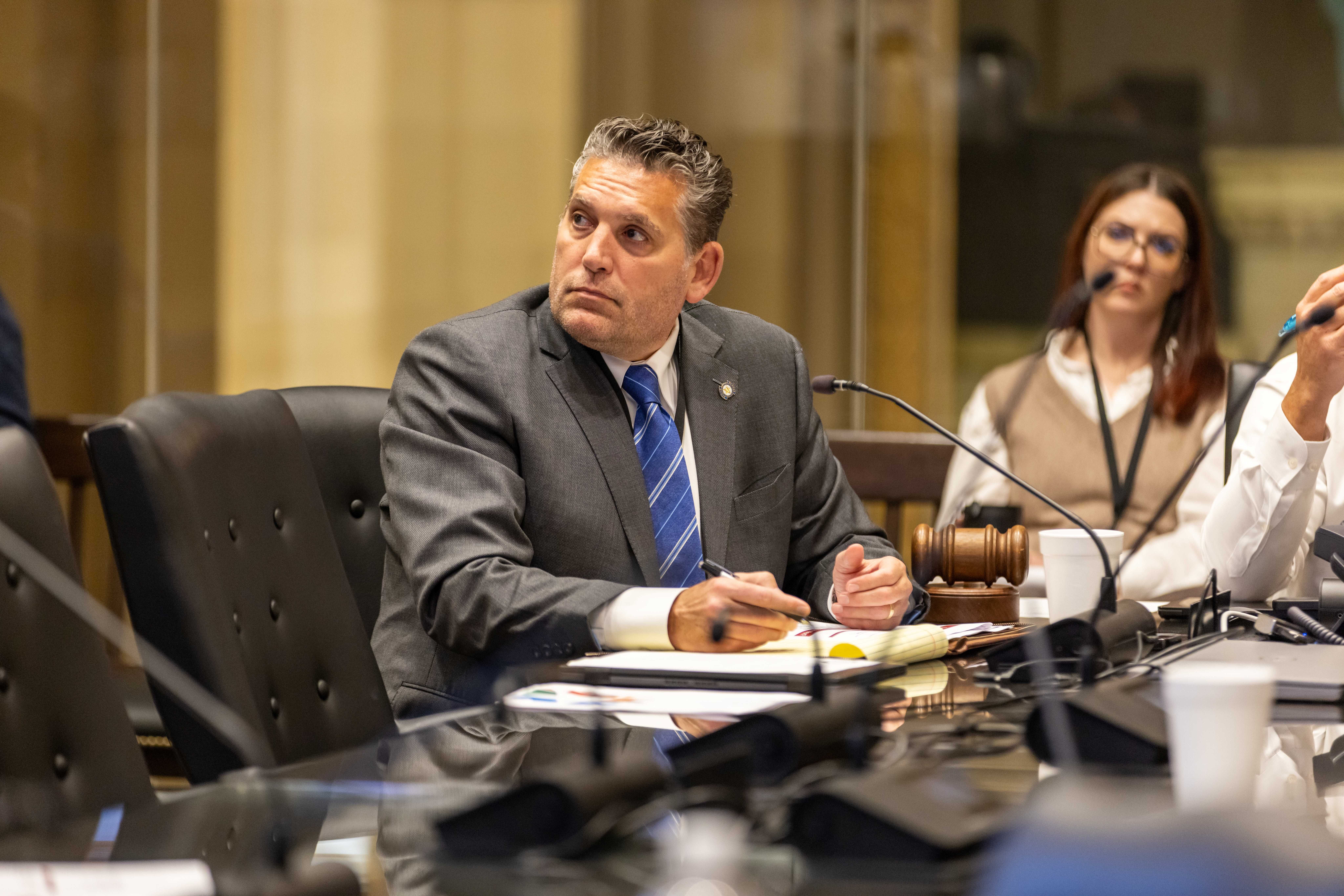Interim Study Explores Market Options for Wage Mandates

OKLAHOMA CITY - Rep. Mark Tedford, R-Jenks, hosted an interim study examining how living wage laws affect employers and job opportunities. Presenters from business and policy organizations highlighted the need for market-driven solutions that raise wages and expand opportunity without government-imposed mandates.
“Living wage laws, while well-intentioned, often create unintended consequences that hurt both employers and workers,” Tedford said. “They can reduce entry-level jobs, limit hiring or push small businesses to close locations, all of which affects the very people these laws aim to help.”
Experts noted that states with higher mandated minimum wages often experience slower job growth and higher unemployment. For example, Missouri saw unemployment rise from 2.8 percent to 4.3 percent after its minimum wage increase took effect, and California, home to the nation’s highest minimum wage, also leads in unemployment rates.
James Leewright, CEO of the Oklahoma Restaurant Association, added that less than 2 percent of workers nationally earn the federal minimum wage and many of those are in entry-level positions that give young people their first work experience.
Tedford said employment provides more than income. It builds skills, experience and confidence. He cautioned that rigid wage mandates risk eliminating first-step opportunities for young workers, rural residents and individuals reentering the workforce.
Data from the Oklahoma Department of Commerce shows that while Oklahoma follows the federal minimum wage, most skilled workers earn well above a living wage. “That tells us market forces are working,” Tedford said. “When people build skills, their earning potential rises naturally.”
Throughout the discussion, participants explored targeted alternatives such as workforce development, income tax credits and skills training programs, approaches that strengthen both the labor force and the economy.
“These strategies empower Oklahomans to earn more through skill and effort,” Tedford said. “That’s the right way to build opportunity, not through government mandates that limit it.”
